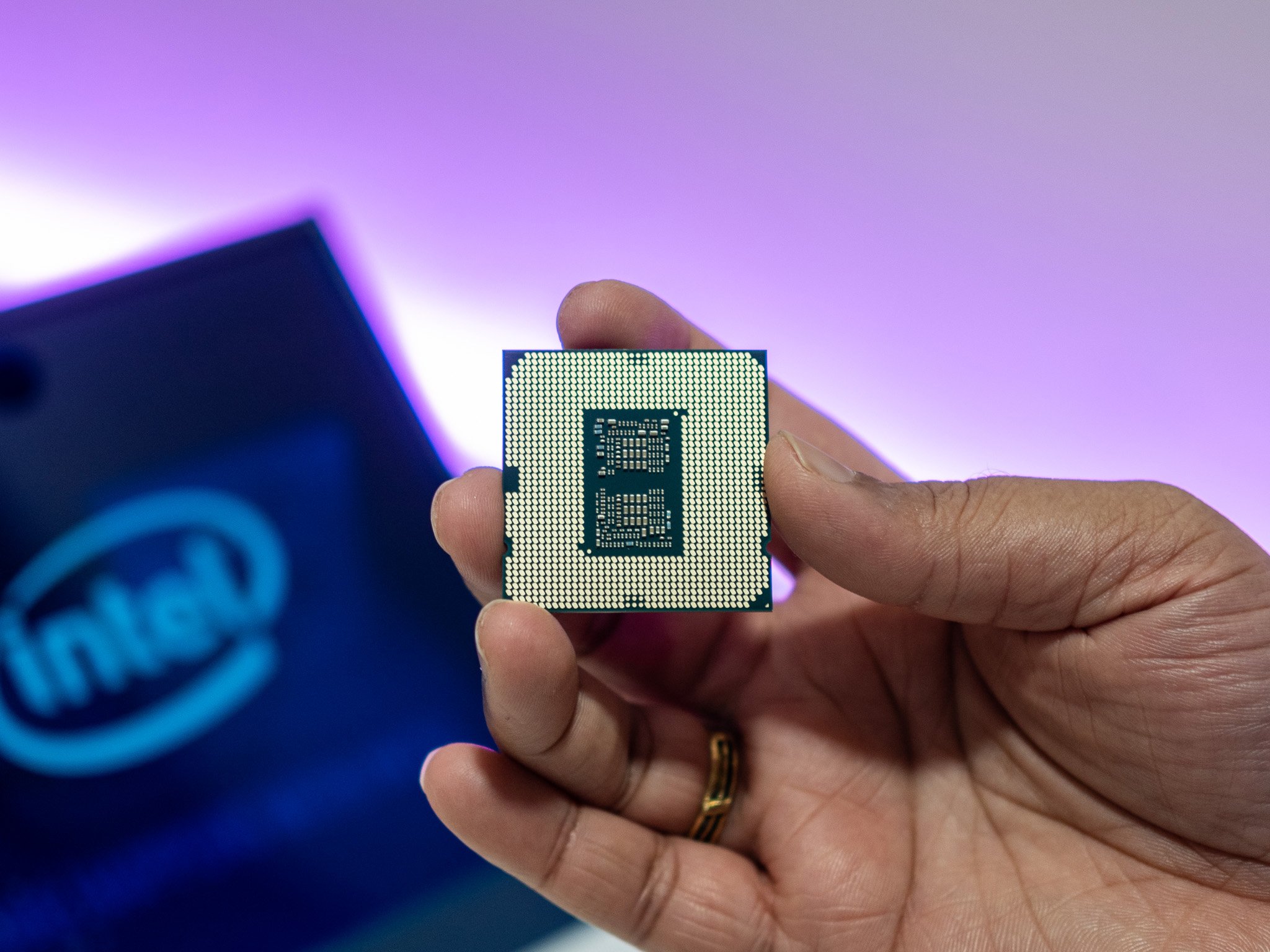Intel announces massive shift in processor strategy, including making chips for other companies
One month after becoming Intel's CEO, Pat Gelsinger announced some major changes.

All the latest news, reviews, and guides for Windows and Xbox diehards.
You are now subscribed
Your newsletter sign-up was successful
What you need to know
- Intel announced plans to produce chips for other companies.
- The company announced a $20 billion investment for two fabs in Arizona.
- Intel expects to finish its 7nm Meteor Lake processor designs in the second quarter of 2021.
Intel annnounced massive changes in its "Intel Unleashed: Engineering the Future" webcast yesterday. New Intel CEO Pat Gelsinger announced plans for Intel to produce processors for other companies. Gelsinger also announced a planned $20 billion investment into two new fabs in Arizona. The CEO also specified that the designs for Intel's 7nm Meteor Lake processors should be set in the second quarter of 2021.
Gelsinger's outlined changes are part of his IDM 2.0 vision. There are three components of this vision; Intel's in-house manufacturing, Intel using third-party foundries for manufacturing, and the company's new Intel Foundry Services that will produce chips for other companies. These moves should help Intel diversify its efforts as the competition to create the best processors heats up.
Here is Intel's summary of the core components of IDM 2.0:
- Intel's global, internal factory network for at-scale manufacturing is a key competitive advantage that enables product optimization, improved economics and supply resilience. Today, Gelsinger re-affirmed the company's expectation to continue manufacturing the majority of its products internally. The company's 7nm development is progressing well, driven by increased use of extreme ultraviolet lithography (EUV) in a rearchitected, simplified process flow. Intel expects to tape in the compute tile for its first 7nm client CPU (code-named "Meteor Lake") in the second quarter of this year. In addition to process innovation, Intel's leadership in packaging technology is an important differentiator that enables the combination of multiple IPs or "tiles" to deliver uniquely tailored products that meet diverse customer requirements in a world of pervasive computing.
- Expanded use of third-party foundry capacity. Intel expects to build on its existing relationships with third-party foundries, which today manufacture a range of Intel technology – from communications and connectivity to graphics and chipsets. Gelsinger said he expects Intel's engagement with third-party foundries to grow and to include manufacturing for a range of modular tiles on advanced process technologies, including products at the core of Intel's computing offerings for both client and data center segments beginning in 2023. This will provide the increased flexibility and scale needed to optimize Intel's roadmaps for cost, performance, schedule and supply, giving the company a unique competitive advantage.
- Building a world-class foundry business, Intel Foundry Services. Intel announced plans to become a major provider of U.S.– and Europe-based foundry capacity to serve the incredible global demand for semiconductor manufacturing. To deliver this vision, Intel is establishing a new standalone business unit, Intel Foundry Services (IFS), led by semiconductor industry veteran Dr. Randhir Thakur, who will report directly to Gelsinger. IFS will be differentiated from other foundry offerings with a combination of leading-edge process technology and packaging, committed capacity in the U.S. and Europe, and a world-class IP portfolio for customers, including x86 cores as well as ARM and RISC-V ecosystem IPs. Gelsinger noted that Intel's foundry plans have already received strong enthusiasm and statements of support from across the industry.
The final component, the new Intel Foundry Services, is making headlines. It is a standalone business unit and will make processors for other companies. That's a major shift for Intel that could see the company making chips for some of its biggest rivals. The unit will produce ARM, x86, and RISC-V core chips for other companies.
As part of the first component, Intel's own manufacturing efforts, the company plans to build two new fabs in Arizona that will be part of its Ocotillo campus.
Intel also announced plans for a research collaboration with IBM. These joint efforts will focus on creating next-gen logic and packaging technologies.
Intel also announced an event series called "Intel On," which is a series in the spirit of the popular Intel Developer Forum event.
All the latest news, reviews, and guides for Windows and Xbox diehards.

Sean Endicott is a news writer and apps editor for Windows Central with 11+ years of experience. A Nottingham Trent journalism graduate, Sean has covered the industry’s arc from the Lumia era to the launch of Windows 11 and generative AI. Having started at Thrifter, he uses his expertise in price tracking to help readers find genuine hardware value.
Beyond tech news, Sean is a UK sports media pioneer. In 2017, he became one of the first to stream via smartphone and is an expert in AP Capture systems. A tech-forward coach, he was named 2024 BAFA Youth Coach of the Year. He is focused on using technology—from AI to Clipchamp—to gain a practical edge.
